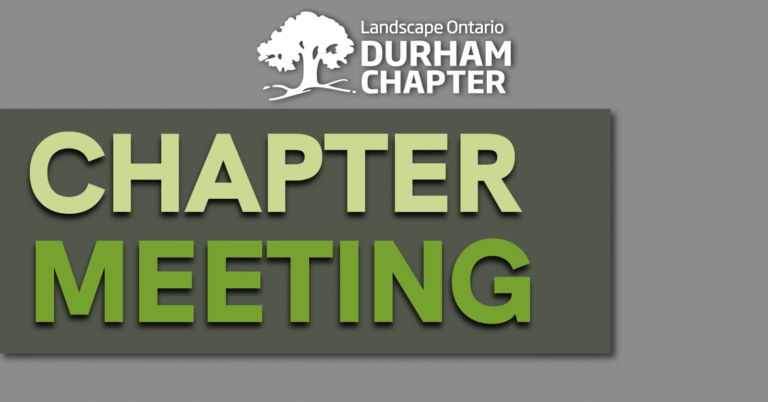 Associations provide an important element and benefit to our society. They are useful, necessary and essential to helping our democratic society function at a high level. Many people don’t understand the intrinsic value of associations or how they rely on support from members in order to succeed. Renewing your membership in various industry associations, or joining a new one can help to make your profession better and stronger.
Associations provide an important element and benefit to our society. They are useful, necessary and essential to helping our democratic society function at a high level. Many people don’t understand the intrinsic value of associations or how they rely on support from members in order to succeed. Renewing your membership in various industry associations, or joining a new one can help to make your profession better and stronger.
History
For this special membership issue, I would like to discuss memberships in groups. Why do we have groups or organizations in the first place? What value do they give their members? Are they worthwhile or a waste of time?
From the beginning of time, individuals have joined together in groups. There is strength in numbers. It is easier to defend against enemies in a group. It is easier to hunt and defeat your enemy in a group. It is easier to promote a common purpose or achieve a specific goal in a group. It is easier to convince others to join you if a group of like-minded individuals presents its case.
These early groups formed out of basic survival needs, and later grew into many idealogical and societal needs in the form of various religions. They are in essence, the ultimate form of associations. In the nineteenth century, unions developed with the goal of protecting workers from unscrupulous employers. In the twentieth century, groups have been formed that represent everything under the sun.
Group psychology
In my opinion, there are four key components behind why a group, association, or union is created. All criteria must be understood by all and be in agreement in order for success to be achieved. These components are:
- There is a key issue or common goal that must be agreed to.
- People feel that something should be done about that need, issue, problem, etc.
- For success, there must be a champion who takes it under their wing to further the cause.
- There must be some reward or satisfaction for joining the group and working toward success.
Maslow’s hierarchy of needs
Maslow was a nineteenth century social scientist that put forth the theory that people had various personal needs that had to be satisfied. They were based on a level of necessity. In order of priority, they are: physiological needs (food, water, sleep, clothes); safety and security (personal security, financial security); social belonging (friendship, family, social groups); self-esteem (skill development, career, recognition); and self-actualization (personal legacy, pursuing goals, creating something).
Based on these proven needs, people have a need to belong to groups or associations for their overall satisfaction in their daily life.
Industry associations
Contactors in the landscape profession have two valuable associations to support them — Landscape Ontario Horticultural Trades Association (LO) and the Canadian Fence Industry Association (CFIA). Both are important and offer great value to members. Another very important association that compliments both is the Ontario Regional Common Ground Alliance (ORCGA). The organization’s mandate compliments the first two associations with the goal of protecting our underground utility infrastructure, workers and keeping the public safe.
ORCGA works closely with Ontario One Call to promote the Dig Safe message and to educate both contractors and homeowners on the need to first call ON1CALL for utility locates prior to any digging. The ORCGA protects workers from injury and accidents and saves society money by making sure contractors know where underground utility lines are located in order to prevent utility hits, which cost Canadian taxpayers nearly a billion dollars each year. We all bear these costs in our utility bills.
In order to continue educating contractors and homeowners and reduce the overall cost of underground infrastructure damage, the ORCGA relies on member renewals and actively searches for new members. The cost to join is a $125 each year for a small landscape company or contractor with fewer than 20 employees. All members receive a number of benefits and free items that quickly covers the cost of membership.
The OCRGA also relies on the support of new members to help finance activities designed to help keep workers safe. A smart professional contractor will advertise their membership in any industry association they belong to (LO, CFIA, ORCGA) as a way to show potential customers they are dealing with a knowledgeable professional who is committed to safety, education and doing the job right. Being connected to a group of other skilled professionals brings assurances of quality workmanship, quality products and the best job possible.
Conclusion
If you are not a member of and industry association, you should seriously consider joining in order to help your business to succeed. ORCGA members for the balance of 2019 is only $62.50. To join, contact Jennifer Parent at 1-866-446 4493.







